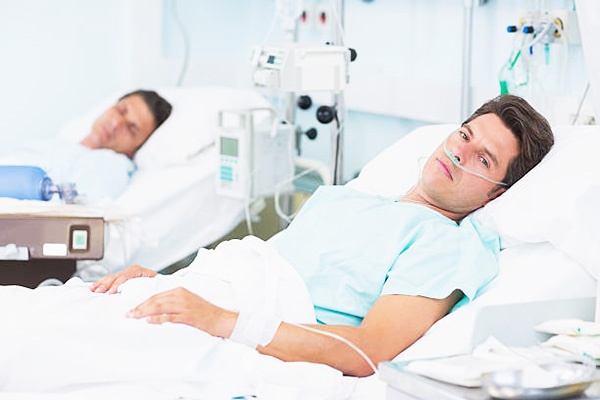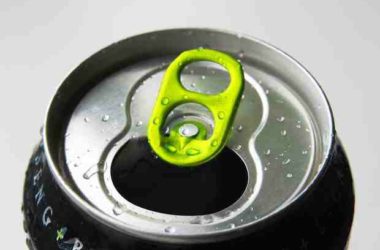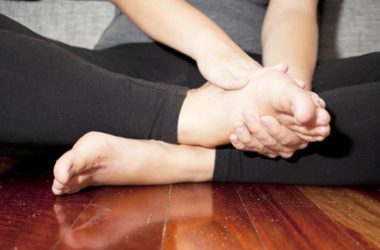An upper gastrointestinal (GI) endoscopy is a procedure designed to examine the inner linings of the upper part of the GI tract, which consists of the esophagus, stomach and duodenum (the first part of your small intestine).
Commonly, an upper GI endoscopy is carried out in order to help with the diagnosis of all sorts of problems that can affect the upper GI tract, such as inflammation, ulcers, bleeding, polyps and tumors.
With an upper GI endoscopy, a long and flexible tube with a light and camera at the end is inserted into the mouth in order for the doctor to be able to have a clear view of the inner linings of the upper part of GI tract.
During the procedure, it’s possible for the doctor to obtain a small amount of tissue for further investigations, if deemed necessary. It also allows for the removal of foreign objects or polyps, and also controlling of bleeding.
Are you scheduled for an upper GI endoscopy soon? Then read on. Below you will come across some of the things that you need to do after having your upper GI endoscopy.
Stay at the Clinic or Hospital
Right after the procedure, you will be asked by your doctor to stay at the clinic or hospital for the next 1 to 2 hours. That’s because it’s important for the sedating medication given earlier to wear off.
If you underwent another procedure together with your upper GI endoscopy, it’s very much possible for you to be asked to stay at the medical facility overnight.
Take Plenty of Rest
Once you’re at home, it is highly recommended for you to spend the entire day resting. This means that you should refrain from engaging in everyday activities, such as grocery shopping or taking your dog for a walk.
The next day, it’s perfectly fine to resume having a normal life. However, make sure that you gradually introduce everyday physical activities as you just spent the day before completely resting.
Follow Diet Instructions Provided
Usually, it’s possible for you to have a small amount of liquid after undergoing an upper GI endoscopy. Your doctor may even give you the go signal to eat something light a few hours after the procedure.
However, there are instances in which you will need to follow a special diet instruction. Usually, such applies when a different procedure is carried out together with your upper GI endoscopy, like the removal of a growth.
Ease Your Sore Throat
You may have a sore throat for a couple of days after your upper GI endoscopy. Do not panic because it’s perfectly normal for anyone who has undergone an upper GI endoscopy to end up with a sore throat afterwards.
Ask your doctor which OTC pain medication is best for you to take. If allowed, you may opt for some all-natural home remedies for a sore throat, such as consuming honey or ginger tea.
Make sure that you get in touch with your doctor right away if you experience unusual symptoms after your upper GI endoscopy, such as worsening pain, vomiting, fever, blood in your stool, or inability to pass gas or stool.













